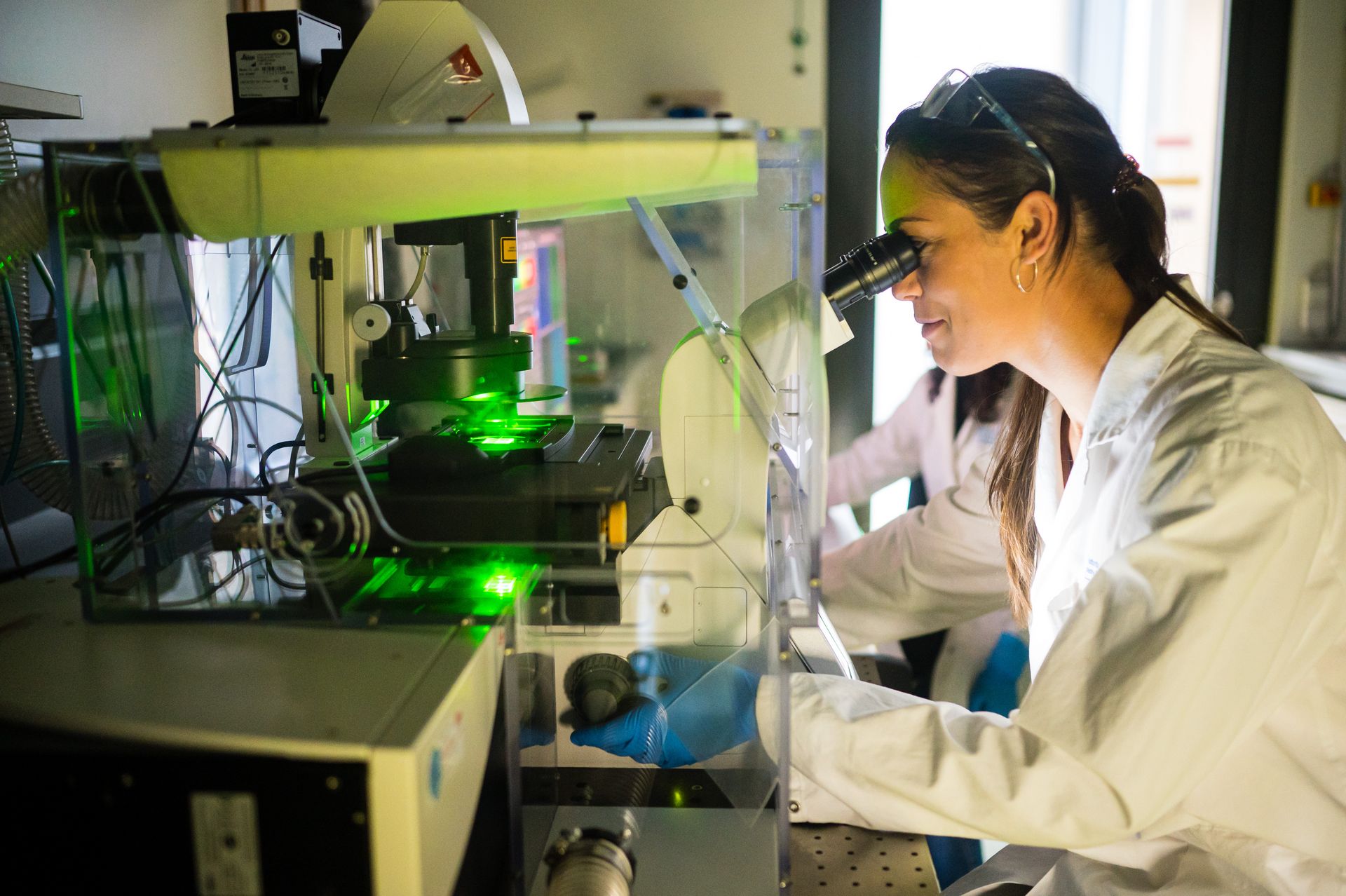
Synthetic biology of natural products
Dr Kenan Bozhüyük
The Bozhüyük group focuses on bacterial natural products, with unique structures and bioactive properties. The group studies modular assembly lines like polyketide synthases (PKSs) and non-ribosomal peptide synthetases (NRPSs), which produce many essential clinical agents – but are especially valuable to develop new anti-infectives.
Our research and approach
In-depth knowledge of the biochemical as well as structural properties (i.e. structural flexibility, inter-domain communication) of modular assembly lines is imperative to develop novel synthetic biology approaches facilitating the biosynthetic production of the desired compounds. There is also growing evidence that we could further improve our ability to engineer these systems if we had a better understanding of their evolution. Therefore, the Bozhüyük group combines state-of-the-art in silico (genome mining, comparative genomics, homology modelling, protein networks, molecular docking, molecular dynamics), in vitro (activity assays), in vivo (heterologous expression of recombined biosynthetic pathways, comparative metabolomics), and AI/ML driven approaches to push the boundaries of what already is possible even further.The group seeks to create new derivatives and compounds, expanding the possibilities of natural product bio-synthesis beyond chemical limitations.
Team members

Dr Kenan Bozhüyük
Group Leader

Dr Emre F. Bülbül
Postdoc

Biyan Chen
PhD Student

Seoung Gun Bang
PhD Student
Research projects
OPTIMIZING MOLECULAR SCAFFOLDS
The advent of antimicrobial resistance is one of the fundamental unresolved challenges of our time. A repeatedly stressed source for discovering new antibiotics are natural products. Yet, many antimicrobial drug leads identified in the past were not developed for therapeutic use because of a lack of access to natural product scaffolds often exhibiting challenging chemical structures. To overcome both, the bottlenecks of traditional natural product research and the limitations of synthetic chemistry, the group applies a combination of computational data mining, synthetic biology, and bio-combinatorial high-throughput experimentation to optimise previously neglected but well-characterised molecular scaffolds that either are well advanced in preclinical development, but failed to be marketed due to poor pharmaceutical properties.
INTEGRATING SYNTHETIC BIOLOGY WITH AI/ML METHODOLOGIES
The pharmaceutical industry faces significant challenges in drug development, marked by substantial costs, dismal success rates, and the dynamic landscape of healthcare requirements. Artificial intelligence and machine learning (AI/ML) have emerged as transformative forces in drug design. However, their optimal utilization has been impeded by the scarcity of high-quality biological datasets necessary for training advanced AI/ML models. To surmount these obstacles, the research group integrates ultra-high throughput synthetic biology with state-of-the-art AI/ML methodologies. Eventually, this integration aims to yield novel chemical matter, thereby addressing the industry's pressing need for innovative drug compounds.

